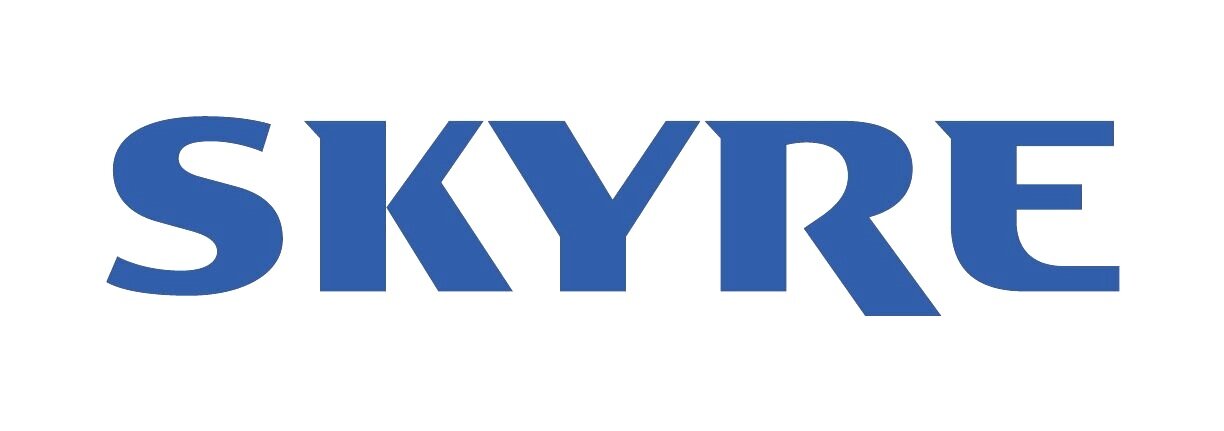Converting Carbon Dioxide to Synthetic Fuels
SKYRE's new technology is set to make a great impact on climate change.
In an ongoing effort to develop climate change-fighting technologies, SKYRE – a leading innovator in clean energy technologies – has produced breakthrough design and performance results with their hydrogen generation and CO₂ conversion technology. Backed by the U.S. Department of Energy (DOE), SKYRE and its project partners have demonstrated a pathway to create low-cost fuel from waste carbon dioxide and hydrogen renewables by designing the first fully integrated hydrogen generation and CO₂ conversion system.
“The project objective is to design and develop a new class of cost-effective, electrolyzer-integrated, modular nano-array catalytic reactors, for the synthesis of fuels from waste carbon dioxide – in this case methanol”, says SKYRE’s V.P. Technology, Dr. Thomas Maloney.
Capturing CO₂ from the atmosphere is not particularly difficult or even novel, but being able to convert CO2 into something valuable, through a carbon-neutral or negative process is challenging. “The two big parts of the process include an electrolyzer – the source of renewable H2 – and the CO₂ catalytic reactor which produces liquid fuels”, says Dr. Maloney. “There are people that have worked on catalysts, electrolyzers, CO₂ reactors, and so on, but nobody has done a close integration of these two devices while addressing some of the most challenging elements for optimizing the performance of each. Our team’s test data have shown improvements of the conversion rate of CO₂ as well as the selectivity of the chemicals we want to make”, says Dr. Maloney.
Skyre is one of the early pioneers in CO₂ capture and conversion. The core of their CO2RENEW™ system was originally developed for advanced life support systems used in closed environments and is being upgraded to address the global climate change concerns. SKYRE realizes however, that developing solutions to solve the carbon emissions crisis requires innovation and collaboration amongst some of the very best scientists and engineers. “So as we often do, we reached out to trusted partners who could help drive that innovation”, says Dr. Trent Molter, CEO of SKYRE.
Along with Skyre, the University of Tennessee Knoxville (UTK), the University of Connecticut (UCONN), Brookhaven National Laboratory, NY, Stony Brook University, NY, the Connecticut Center for Advanced Technology (CCAT), and Advanced Manufacturing, LLC, make up a strong collaboration that has produced results.
“The way forward requires a different way of thinking and doing”, says Dr. Molter. “We’ve done just that and have put us one step closer to a commercially viable solution to help overcome the greatest challenge of our time.”
